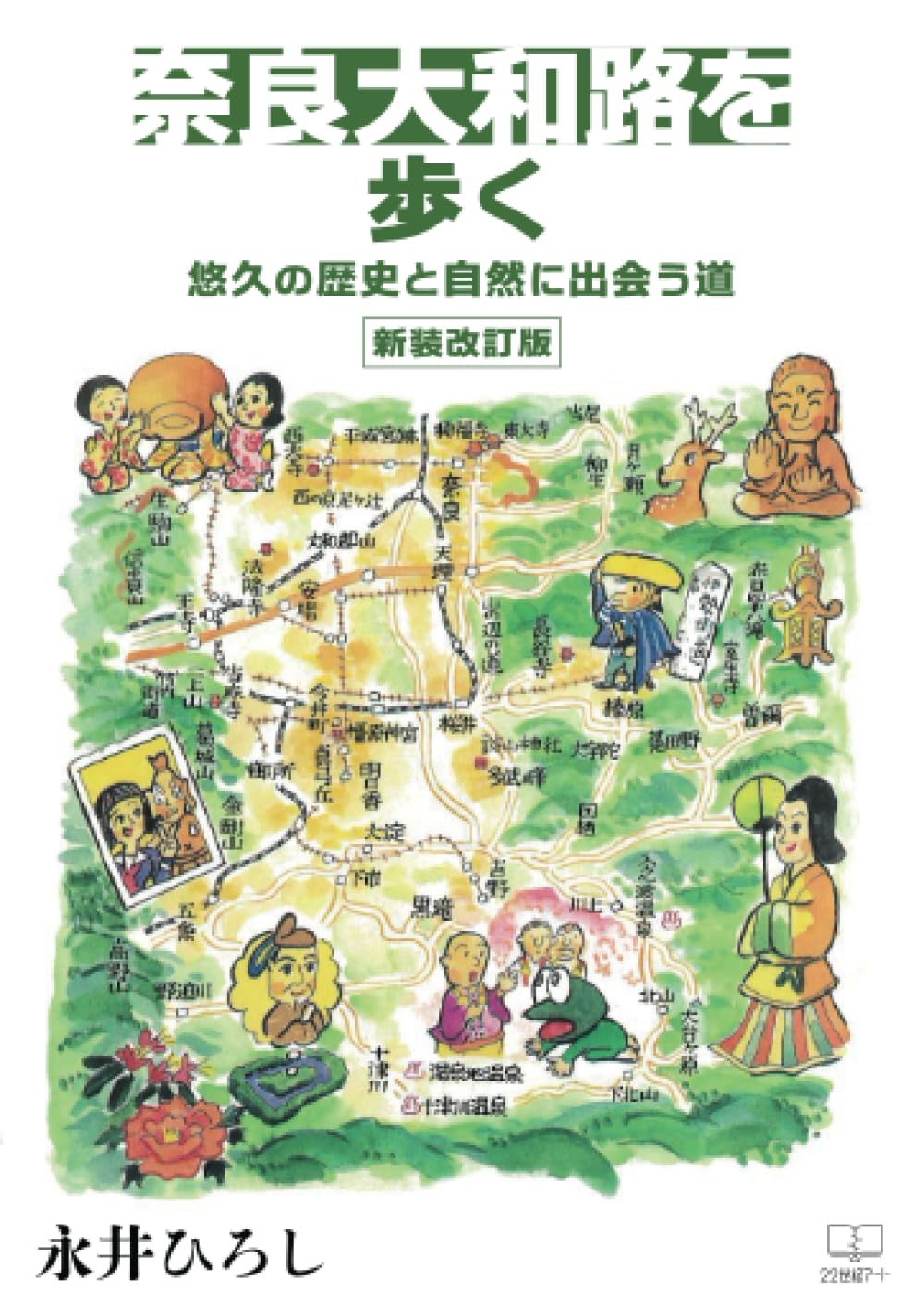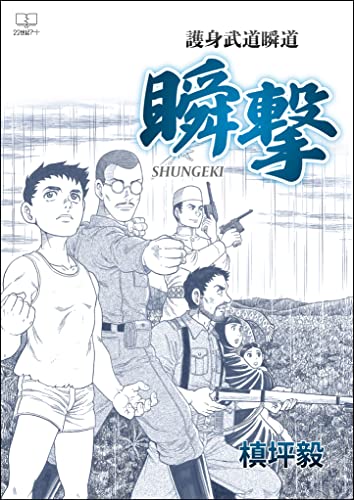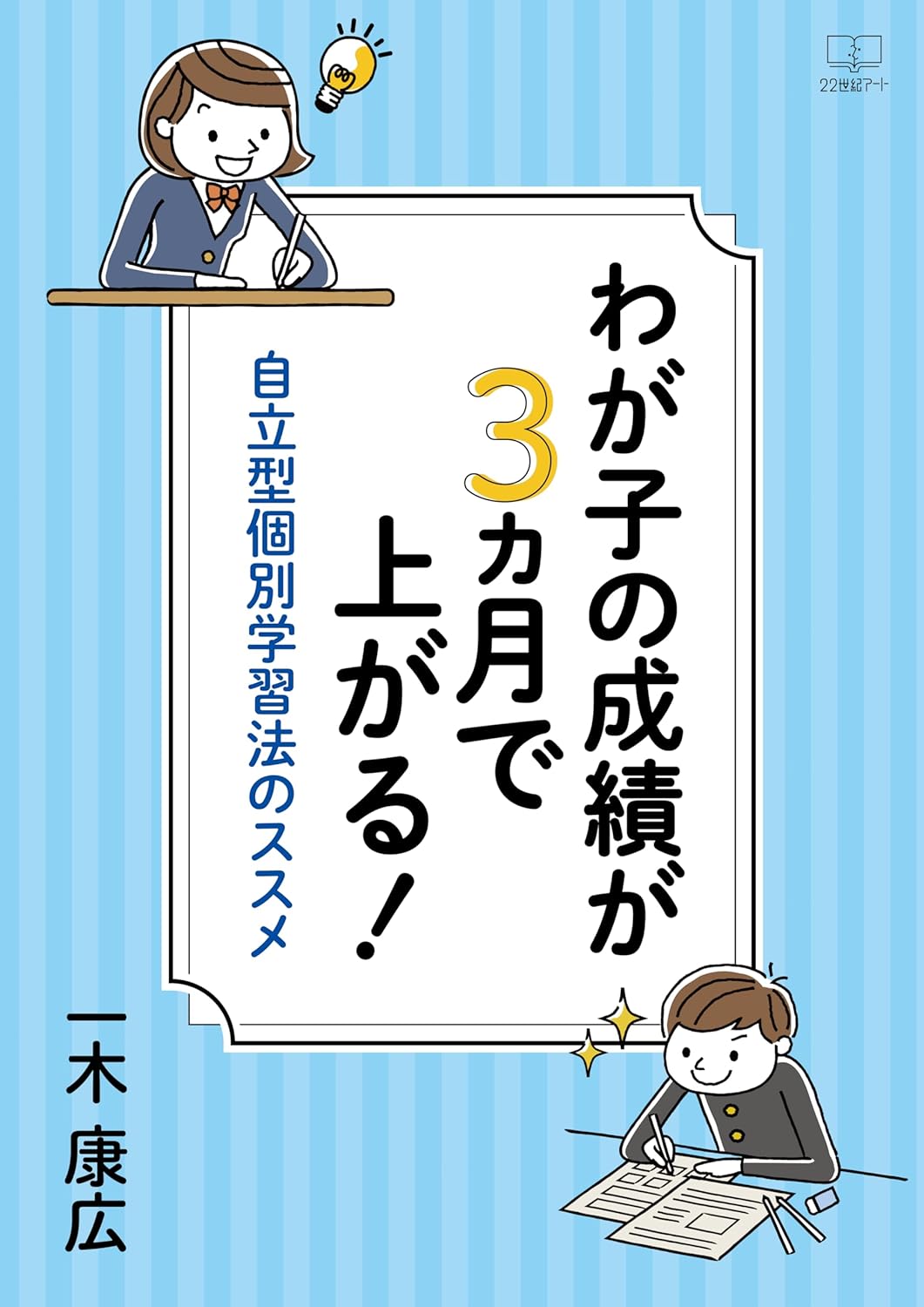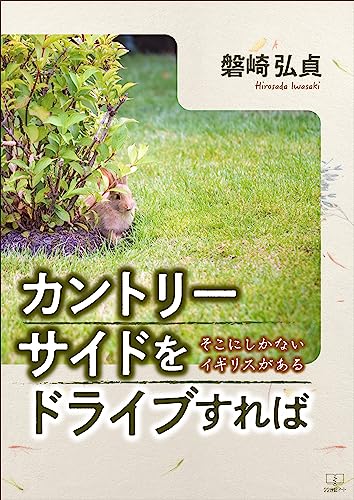
Work and Company to Have a Better Life ISO Principles
(著) 河本亮
Amazon作品詳細
While I worked at a factory, I used to think that if Japan experienced a period of high economic growth and succeeded in industrialization, the Japanese would pursue a free and equal life purpose. I assumed that would be a dream come true of the Meiji, Taisho, and Showa eras to create a bright, fair, and peaceful society. The age of "stabilizing the outside and becoming that inside" would progress. However, in reality, families collapse as we move away from the nuclear family, and society is transforming into something strange. The emperor of Reiwa came to the throne and wished for world peace and the people's happiness. How should people live, strive, and adapt? I believe that we should have the primary attitude to "act, think, and pray based on dreams." It is essential to understand and cooperate with the economic organization that is the basis of it.
Founders of companies have survived by creating new added value in modern society and successfully operating mechanisms to effectively convert economic resources into products, services, and distribution. The starting point is to pursue a happy life and valuable work by connecting people who suffer from various emotions and anxieties to the company's jobs.
On the other hand, companies connect to individuals through the skills of their employees. The International Organization for Standardization (ISO), which claims more than 200 management systems principles, demands that more than one million management organizations worldwide guarantee the continuous improvement of their employees. They seek education, training, and response measures to clarify the actions, operations, tasks, and duties required for the work. Also, employees that possess and demonstrate the ability to realize the necessary knowledge and skills. Competence is knowledge/understanding, skillset/learning level, motivation to achieve this, and teamwork. I don't meet people who brag that they are smart often, but I often meet those who are confident in their skillset. I have been researching how to participate in these work processes. Employees will gain seven advantages: demonstrate ability, self-realization, growth, good colleagues, health, a proud company to work for, and compensation, and the company will be able to improve productivity.
The year of Reiwa derives from "Manyoshu," which is the record of Tankas of Otomo No Tabito. Tanka in Manyoshu often talks about the harmony between the Jomon and Yayoi cultures. Since then, the Japanese culture of "harmony between the three religions: Shinto as a father, Buddhism as a mother, and Confucianism as an older brother" has survived and enriched for 1,300 years. Then, the "Taiho Code'' laws and regulations came into operation based on Emperor Tenmu's wish to create a bright, honest, and pure Japan...
【Author Biography】
Makoto Kawamoto
Business / Production Management / Human Resources Consultant
Representative Director of Heian Management Co., Ltd.
Representative Director of NPO General Management System Association
Quality Management System Chief Auditor / Environmental Management System Chief Auditor
Registered Management Consultant / Social Security Attorney / Health Supervisor
[ISO certification consultant achievements] ... Approximately since February 1997 50 companies
[Examination and registration organization examination results] ...about 100 companies since September 1999
Born in 1941.
Completed the master's program at Hiroshima University Graduate School in 1967
[Edit / Books]
"Talking about the Wind and Bone of the Meiji Era" (1986), "Introduction to the Practice of ISO9000 Internal Quality Auditors" (Co-author, Nikkan Kogyo Shimbun, 1999), "Kinue Ito's Songbook" Soil Softness "" (Editor, 2000), "Songbook" Takeoff "" (2004)
新刊情報
求人情報










